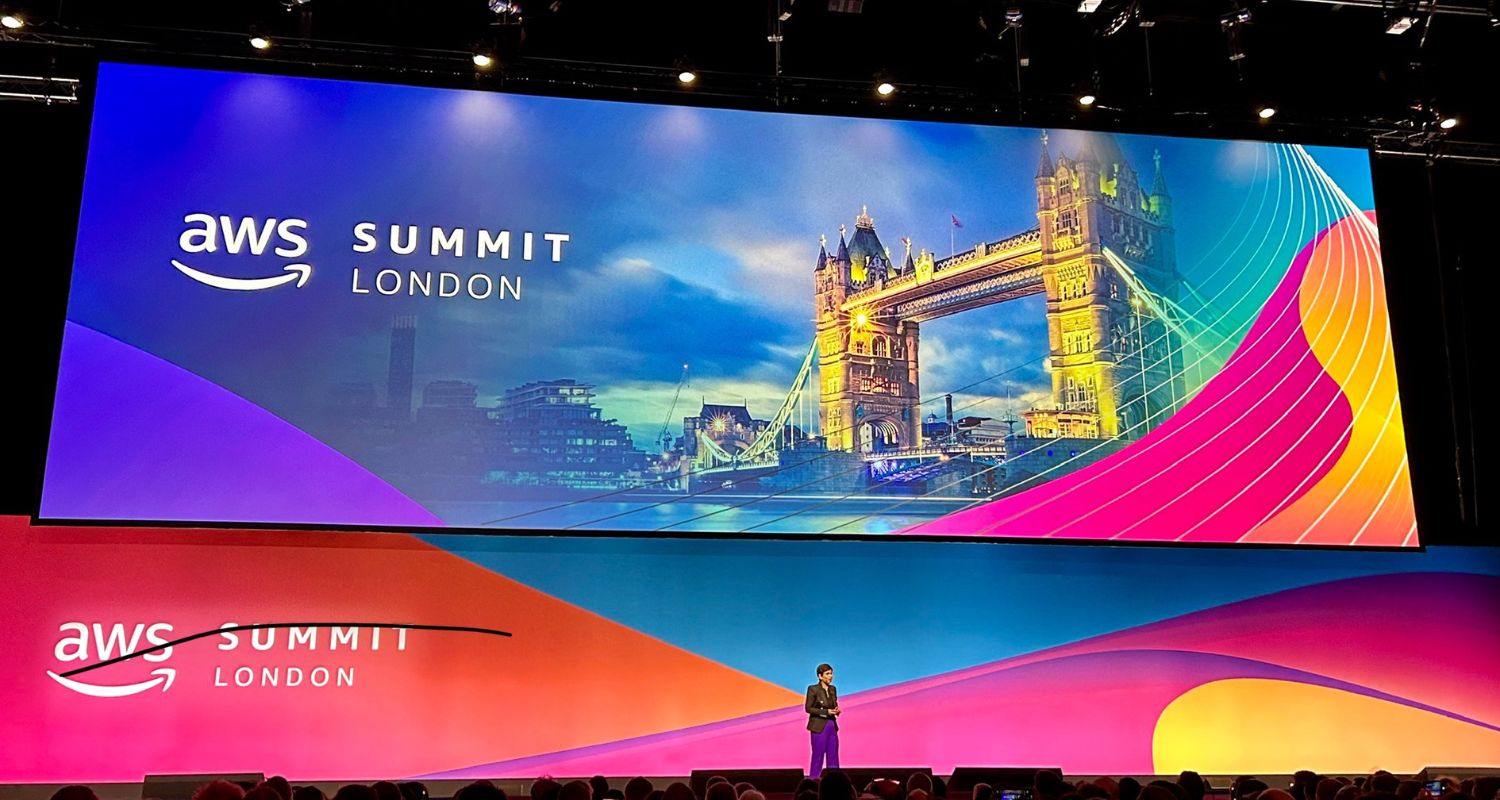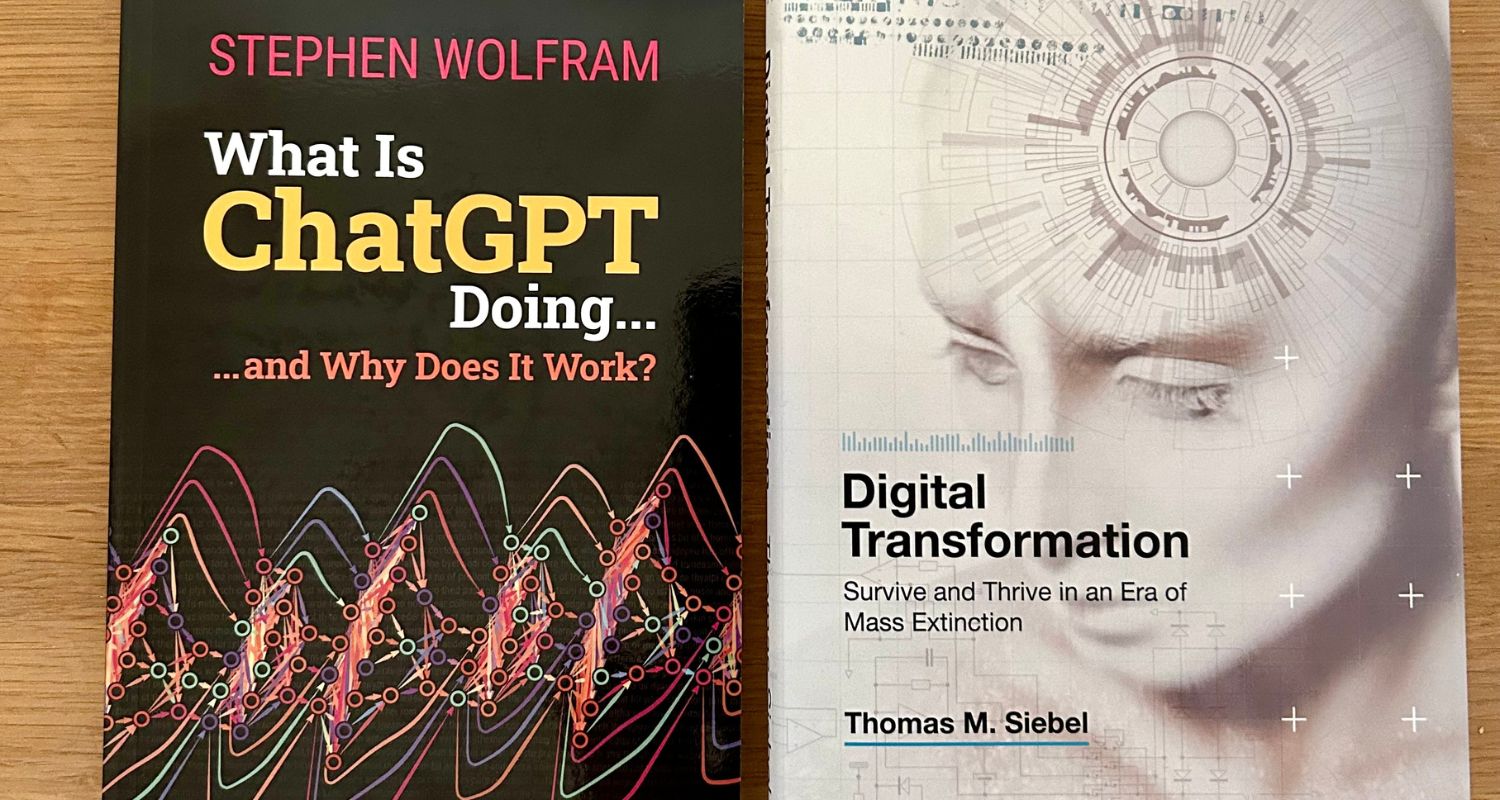
Post #79: Commercialisation amidst the dreaming spires
As a former student of Oxford University (albeit with a liberal arts degree), your author has felt slightly pleased that his alma mater is one of the leading institutions globally working towards a vaccine for the treatment of COVID-19. The partnership between the University of Oxford and AstraZeneca has been well-documented elsewhere and patient trials are already underway, with initial results encouraging. Beyond the clear need for a vaccine and the bragging rights that may come from being among the pioneers, there is another important point to consider: why are some countries more efficient than others at turning research into intellectual property?
To get some perspectives on the topic, we recently caught up with Oxford Sciences Innovation (OSI), an early-stage venture capital firm based in Oxford, which has partnered with the city’s main university. Begin with the data. It is not that the UK lacks top academic institutions; more that universities often struggle to convert funding and publication output effectively. The sum of annual published patents emanating from America’s top universities (Harvard, Stanford, Berkeley and MIT) is 3-4x higher and growing 10x faster than the output from the comparable top-four in the UK (Oxford, Cambridge, Imperial and UCL). Thought of another way, Oxford issues ~60 publications for every patent it receives in the field of Medical and Health Sciences. The comparable figure at MIT is just 10 (all data courtesy of OSI).
Having bright ideas is one thing; commercialising them is quite another. Good academics don��’t always make good business-people. To solve the conundrum, there is clear logic in seeking to marry the skills of entrepreneurs and scientists. Venture capital firms potentially have a crucial role to play in this respect, nurturing early talent and developing businesses. Such an approach makes sense, particularly since effective innovation can help drive economic growth.The world’s most innovative countries – Germany, South Korea, Singapore, Switzerland and Sweden, as defined by the World Economic Forum in February – all have markedly above-average levels of GDP per capita.
Back in the UK, Oxford Nanopore and Vaccitech – both of whom can trace their roots to the University of Oxford – constitute good examples of what can happen when intellectual property is commercialised effectively. Given the COVID-19 pandemic, these businesses have been at the recent forefront of developments in rapid testing via portable sequencing machines and global vaccine technology respectively. Both are still private, with the former (which was founded in 2005) last valued at over £1.5bn (per Pitchbook). With the right conditions, many similar potential success stories may also be in the pipeline.
Disclaimers
The document is provided for information purposes only and does not constitute investment advice or any recommendation to buy, or sell or otherwise transact in any investments. The document is not intended to be construed as investment research. The contents of this document are based upon sources of information which Heptagon Capital LLP believes to be reliable. However, except to the extent required by applicable law or regulations, no guarantee, warranty or representation (express or implied) is given as to the accuracy or completeness of this document or its contents and, Heptagon Capital LLP, its affiliate companies and its members, officers, employees, agents and advisors do not accept any liability or responsibility in respect of the information or any views expressed herein. Opinions expressed whether in general or in both on the performance of individual investments and in a wider economic context represent the views of the contributor at the time of preparation. Where this document provides forward-looking statements which are based on relevant reports, current opinions, expectations and projections, actual results could differ materially from those anticipated in such statements. All opinions and estimates included in the document are subject to change without notice and Heptagon Capital LLP is under no obligation to update or revise information contained in the document. Furthermore, Heptagon Capital LLP disclaims any liability for any loss, damage, costs or expenses (including direct, indirect, special and consequential) howsoever arising which any person may suffer or incur as a result of viewing or utilising any information included in this document.
The document is protected by copyright. The use of any trademarks and logos displayed in the document without Heptagon Capital LLP’s prior written consent is strictly prohibited. Information in the document must not be published or redistributed without Heptagon Capital LLP’s prior written consent.
Heptagon Capital LLP, 63 Brook Street, Mayfair, London W1K 4HS
tel +44 20 7070 1800
email [email protected]
Partnership No: OC307355 Registered in England and Wales Authorised & Regulated by the Financial Conduct Authority
Heptagon Capital Limited is licenced to conduct investment services by the Malta Financial Services Authority.



